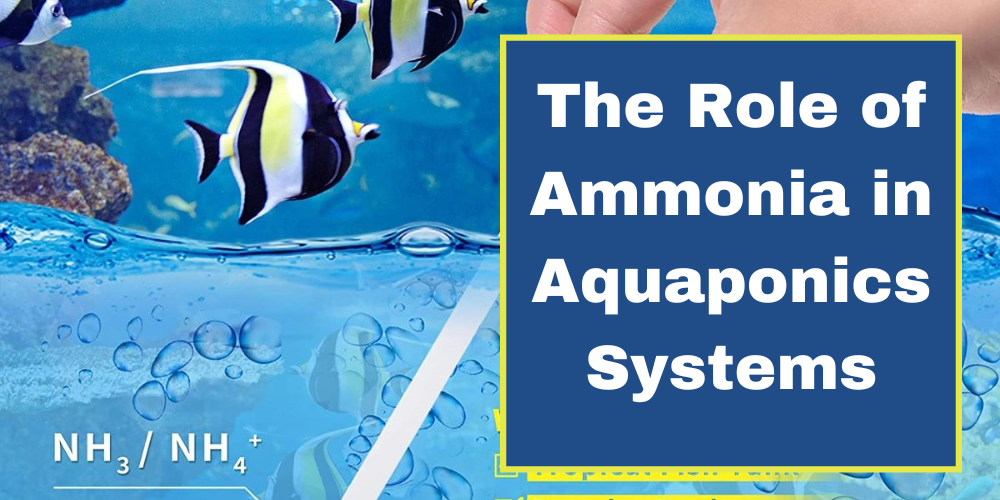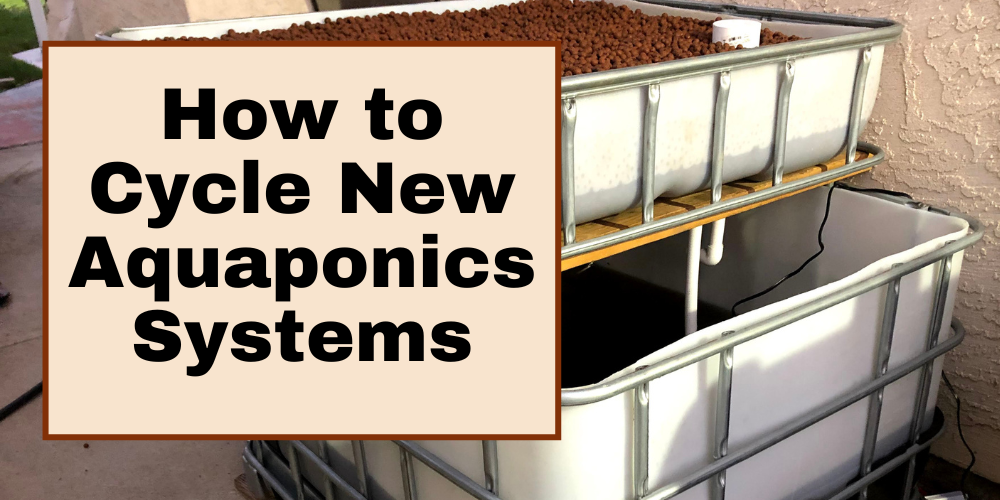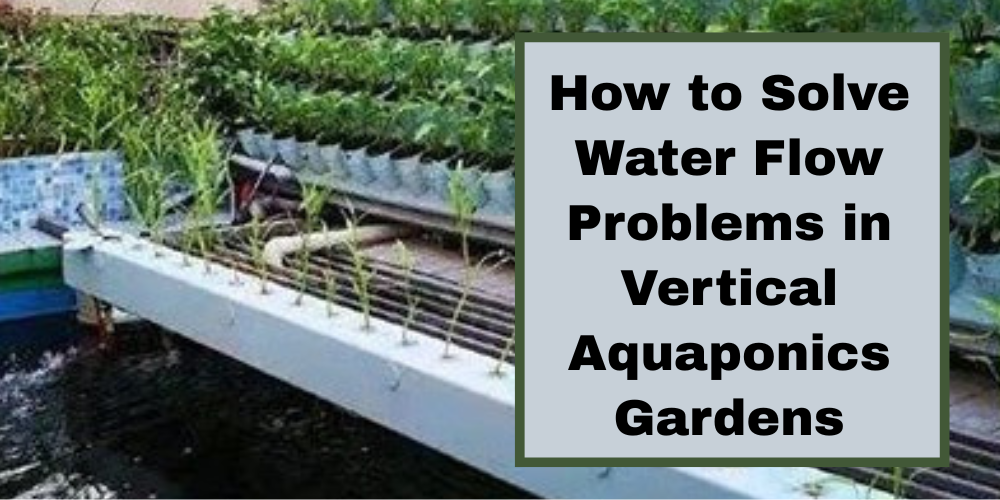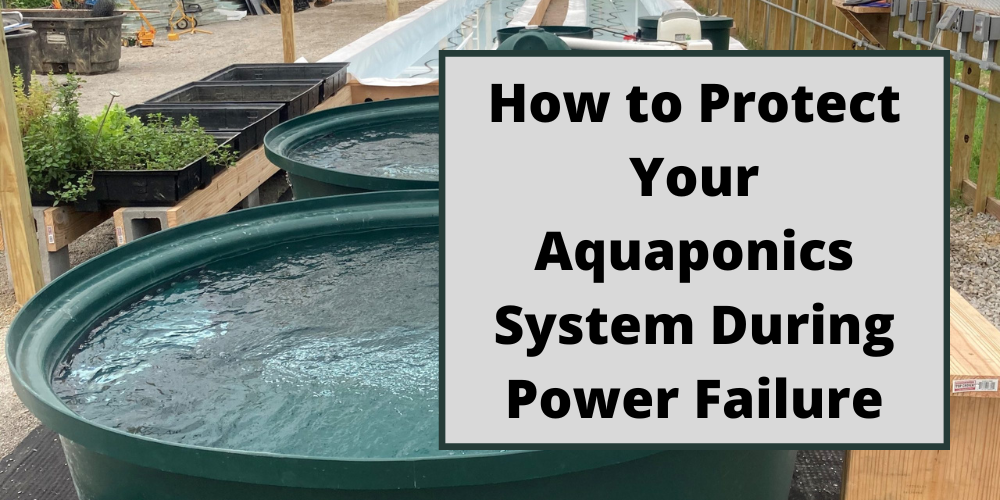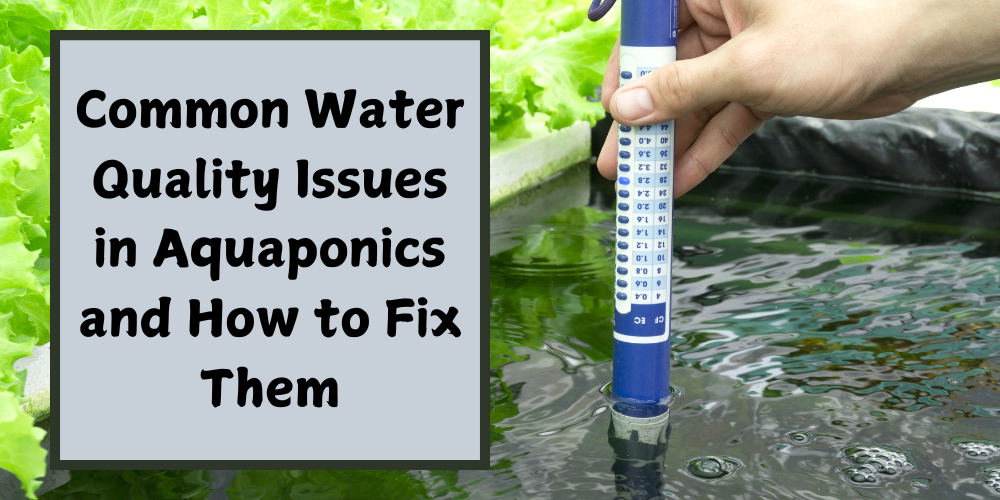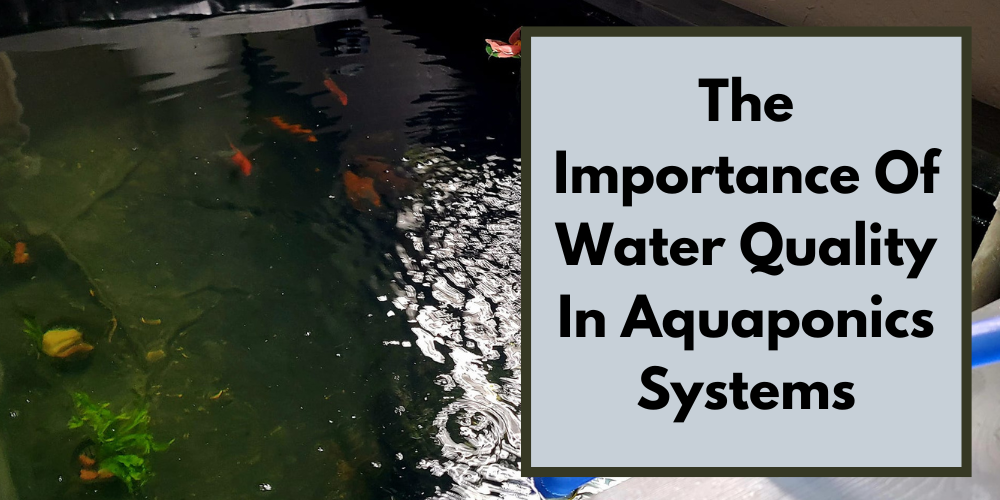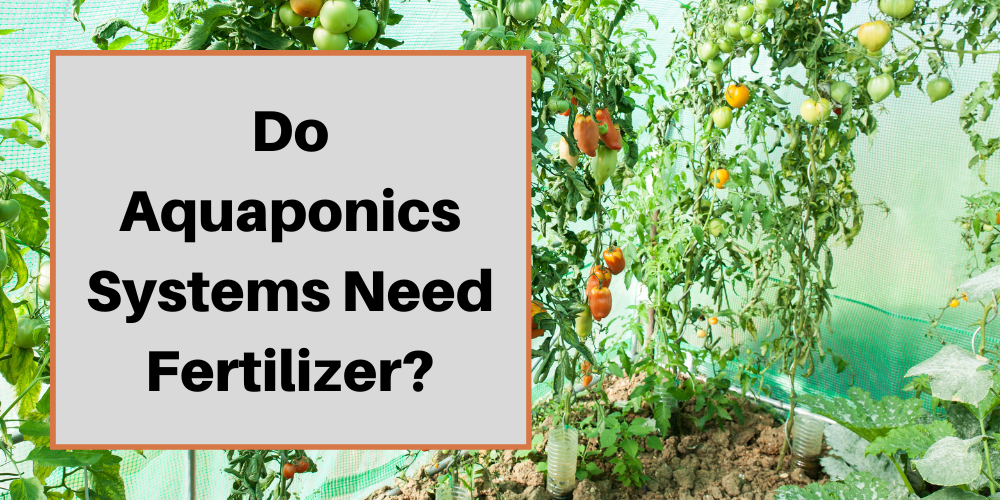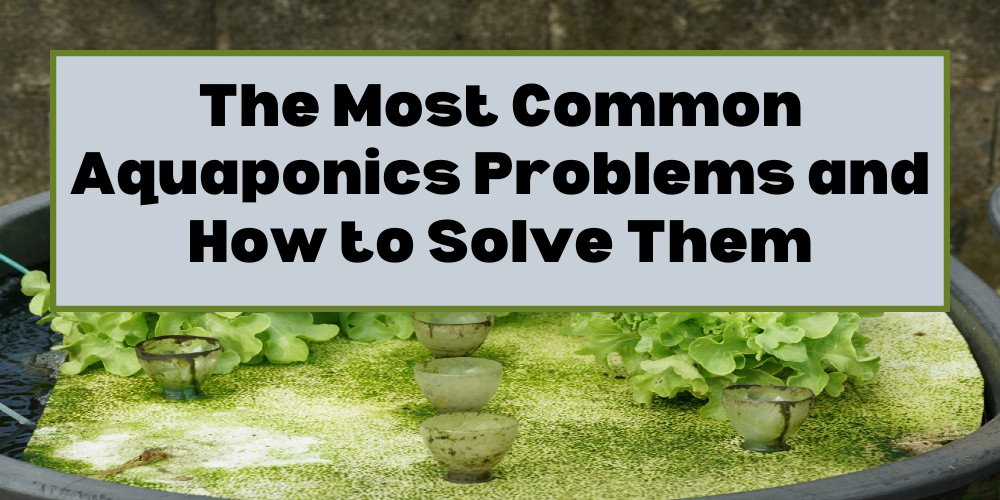Go Green Aquaponics Blog
Learn 10 essential tips to keep your aquaponics system running strong, from choosing the right fish and maintaining water quality to optimizing circulation and preventing pests. Stay informed and adaptable for long-term success.
- February 11, 2026
Learn about the role of ammonia in aquaponics systems, how to manage ammonia levels effectively, and discover the best ammonia test kits for maintaining a healthy and productive environment for your fish and plants.
- February 11, 2026
Discover actionable tips for effective water management in aquaponics systems. Learn about pH balance, dissolved oxygen, nutrient cycles, and water conservation methods to keep your fish and plants thriving.
- February 11, 2026
Explore the essential methods and considerations for cycling new aquaponics systems in our comprehensive guide. Learn the importance of patience, monitoring water quality, and troubleshooting common issues for successful ecosystem establishment.
- February 11, 2026
Struggling with clogged pipes or uneven water flow in your vertical aquaponics system? This guide breaks down the most common water flow problems and how to fix them, so your plants and fish stay healthy. Learn practical tips, essential tools, and proven maintenance strategies to keep your vertical garden running smoothly.
- February 11, 2026
Power failures can disrupt your aquaponics system, risking fish, plants, and bacteria. This guide covers how to prepare, emergency actions to take, and steps to restore your system safely. Stay ahead of outages and keep your aquaponics thriving!
- February 11, 2026
Water quality is key to a thriving aquaponics system. Issues like pH imbalance, ammonia buildup, and low oxygen can harm fish and plants. This guide covers common problems, their causes, and simple solutions to keep your system healthy and productive.
- February 11, 2026
Discover the importance of water quality in aquaponics systems. Learn how to monitor key parameters, manage water conditions, and ensure a thriving ecosystem for healthy fish and productive plants.
- February 11, 2026
Learn how to maintain nutrient balance in your aquaponics system. Discover best practices for feeding, monitoring, and system design to ensure healthy plants and thriving fish without the need for traditional fertilizers.
- February 11, 2026
Explore effective strategies for troubleshooting common problems in aquaponics, from water quality management to pest control. Learn how proactive monitoring, regular maintenance, and continuous education can help you maintain a thriving and sustainable aquaponics system.
- February 11, 2026
Learn how to achieve the perfect fish-to-plant ratio in aquaponics for optimal growth and sustainability. Explore factors to consider, calculation methods, and tips for maintaining balance in your aquaponics system.
- February 11, 2026




